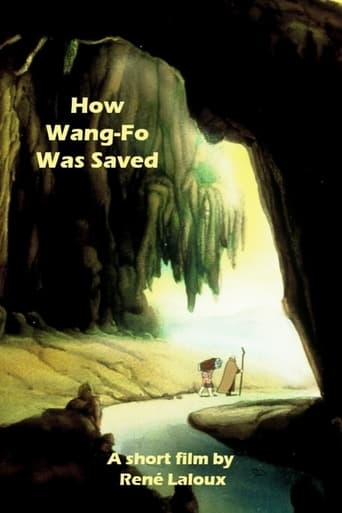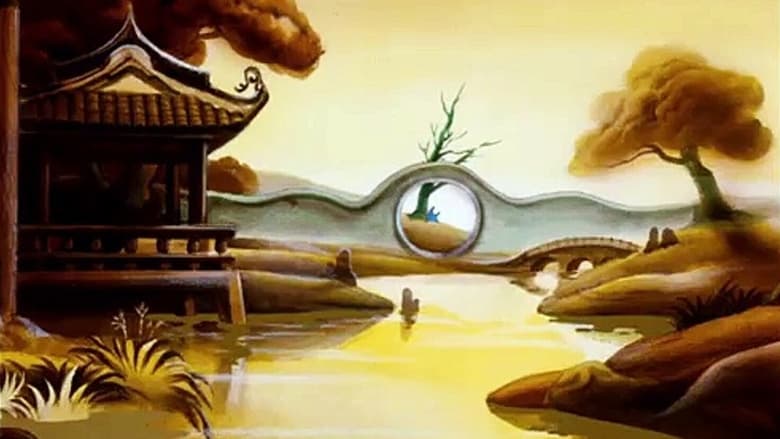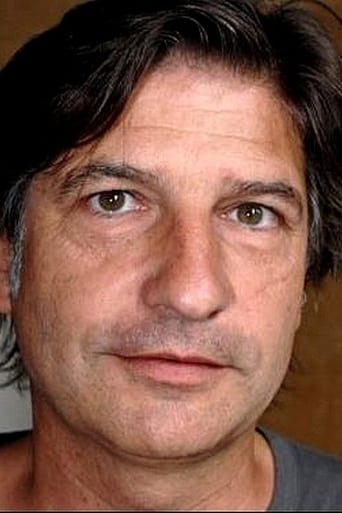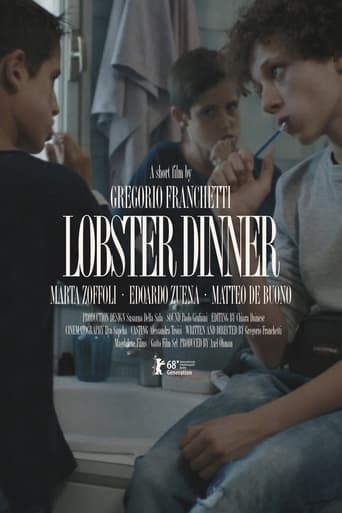

How Wang-Fo Was Saved (1987)
Wang Fo, the greatest master of medieval China, aided by his assistant who has given up everything to follow him, desperately seeks aesthetic perfection. A day comes when he thinks he has achieved it. But his genius arouses both the curiosity and the jealousy of the Emperor. Wang Fo will be able to escape the Emperor's vindictiveness only by going to the limit of his talents.
Watch Trailer
Cast
Similar titles
Reviews
Slow pace in the most part of the movie.
An Exercise In Nonsense
Simple and well acted, it has tension enough to knot the stomach.
The plot isn't so bad, but the pace of storytelling is too slow which makes people bored. Certain moments are so obvious and unnecessary for the main plot. I would've fast-forwarded those moments if it was an online streaming. The ending looks like implying a sequel, not sure if this movie will get one
This beautiful animated movie set in medieval China. A great painter called Wang-Fo is joined by a devoted acolyte Ling who is mesmerised by the great man's work. Wang-Fo's paintings make reality pale into significance. So much so that Ling's wife commits suicide as a result of feeling inferior to the spellbinding images Wang-Fo paints of her. The Emperor arrests them on the grounds that Wang-Fo's paintings have made him miserable because he now hates reality.This both celebrates the power of art, while questioning that power. Wang-Fo creates images of extreme beauty but they ultimately leave devastation in the real world. The art work in this feature is very nice, the back drops in particular are stunning; they resemble traditional Japanese landscape art themselves. The tone is reflective, while the ending is very poetic. This is certainly a lovely feature.
This animated short has been included as an extra on the R2 DVD of Laloux's Fantastic Planet, released by Eureka in their Masters of Cinema series. It is without doubt sublime. In fact although Fantastic Planet was superb it is almost overshadowed by this 15-minute short.In it we have Wang-Fo, a supreme master of painting in medieval China. Reality is portrayed in his paintings even more beautifully than it actually is, in fact once one has seen the work of Wang-Fo, one scorns reality. In one part he paints the narrator's wife, who then falls out of love with her and in love with her portrayal in the paintings. One's glee is aroused when one realises the reflexivity involved. You are yourself witnessing animation that is so good that you are in danger of falling out with reality yourself (especially as regards the unreal landscapes in the film, highly influenced by Oriental art).Without wishing to give away the plot too much I will say that Wang-Fo's skill incurs the Emperor's displeasure. His work is portrayed as being tantamount to sacrilegious because of its tendency to diminish reality. The Emperor orders Wang-Fo's mutilation, and it is how he is saved (the title points to this being the key to the riddle) that really makes the movie transcendent.What makes me happiest about this movie though is the profound sense of ambivalence engendered. One feels both sides of the argument, that great art is at once transcendent and a perversion. Is Wang-Fo a criminal or an angel (and there are certainly parts where his skill is portrayed as very sinister)? This is a topic that has always fascinated me, having always buried myself in books and images and ideas, steadfastly avoiding subsequently dimmed reality.Henry Fuseli, a painter of Gothic fantasy commented (to misquote him from memory) that the lover of fantasy will forever be disappointed by reality. Laloux leaves the viewer room to make up their own mind about whether such decadence is worth the price it demands.This animated short based on a short story by Yourcenar, itself taken from Lafcadio Hearne who retold a tale of more ancient origin, was apparently considered by Laloux to be his finest work.



